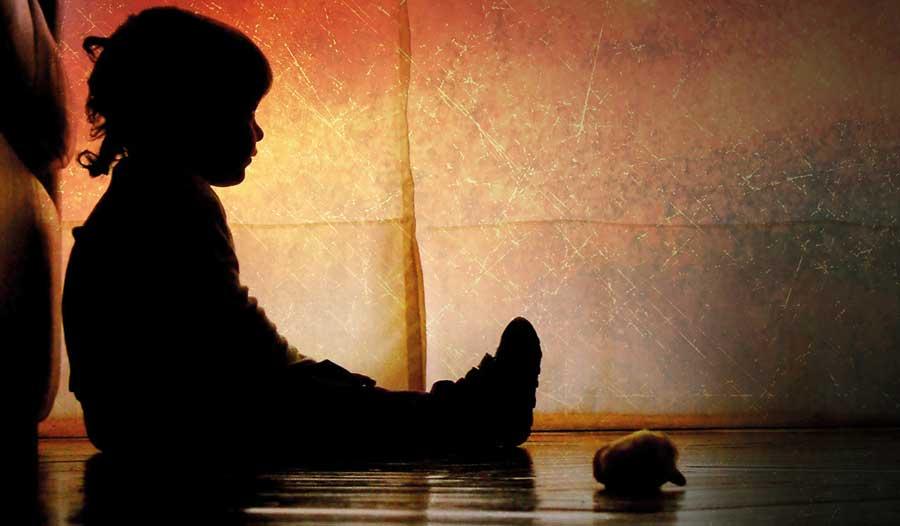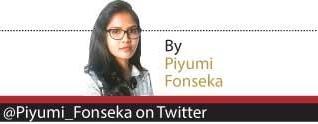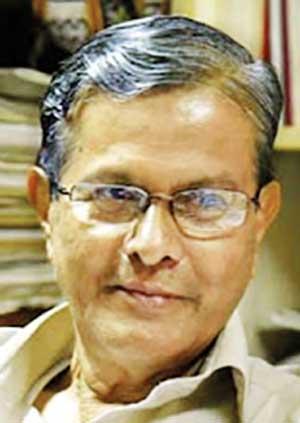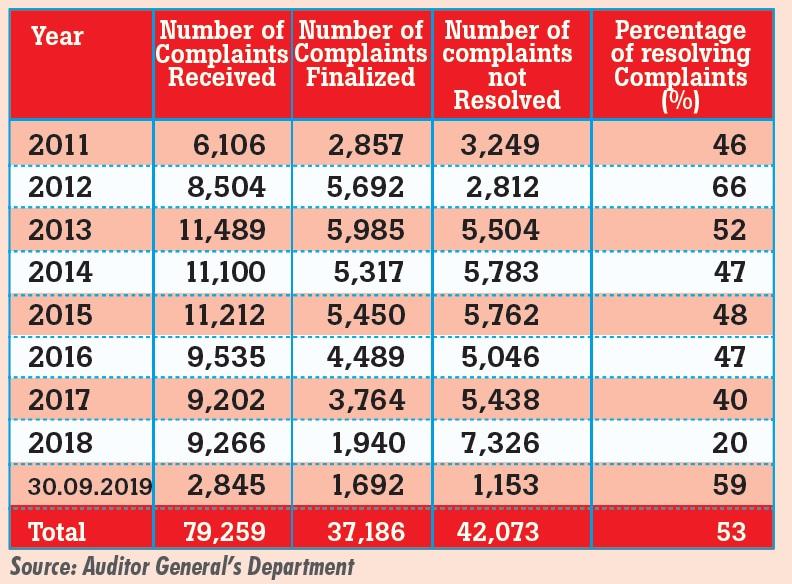
 As reports of child sexual abuse feature in our newsfeeds from across the country with regular and horrifying frequency, it is evident that Sri Lanka is facing a nationwide crisis of child abuse. According to the statistics, there is a drastic increase in the number of cases reported. One can imagine how many more go unreported.
As reports of child sexual abuse feature in our newsfeeds from across the country with regular and horrifying frequency, it is evident that Sri Lanka is facing a nationwide crisis of child abuse. According to the statistics, there is a drastic increase in the number of cases reported. One can imagine how many more go unreported.
Laws are in place and departments and ministries are established to protect Sri Lankan children. Then, why have we failed to protect our children?
A recent Special Audit Report has revealed that the increase of child abuse cases in Sri Lanka was the result of numerous failures on the part of the National Child Protection Authority (NCPA), the main authority responsible for child protection in the country.
The following are the extracts of the audit report which has exposed the NCPA which is established by an Act of Parliament in Sri Lanka (by the Act No.50 of 1998) to advise the government on policies and laws on the prevention of child abuse and the protection of child victims and the monitoring of action against all forms of child abuse.
Delay in formulating a national policy
Even though the Committee on Public Enterprises and the Cabinet of Ministers had issued orders from time to time, the NCPA had not established a formal policy until the National Child Protection Policy, which commenced in 2009, had been approved by the Cabinet in October 2019, after the lapse of 20 years.
The formulation of the policy had delayed because this function had not been assigned to a responsible officer, directly. The policy had been re-initiated without carrying forward the already existing policy due to officers holding the position of Chairman of the NCPA, changing from time to time. Due to the delay of the policy, the required recommendations for legal, administrative or other amendments could not be done.
There is no national database on child abuse
Preparation and maintenance of a national database on child abuse is a major function under the National Child Protection Authority Act No. 50 of 1998. Though 20 years had passed subsequent to its enactment, the NCPA has not yet paid its attention to formulate a national database.
In 2014, the task of preparing the national database had been assigned to Sri Lanka Telecom. However, the NCPA had taken no further action in that regard. While the situation remained the same, two years later in 2016, the NCPA entered into an agreement with the University of Colombo on a contractual amount of Rs. 1.2 million to advance the data system, but to no avail.
Complaints and cases stuck with no progress
It was observed that Court cases relating to children who had become victims of child abuse have not been completed prior to the child becoming an adult.
More than 35% of the total number of complaints received by the NCPA were from the 4 districts namely, Colombo, Gampaha, Kurunegala and Galle. It was observed that much attention had not been paid to the complaints reported from these districts.
It was not possible to review the progress of the complaints made easily, since the NCPA had not recorded complaints in a way that it provides easy access to identify information regarding the complaints. The evidence preparation prior to court cases being filed is practiced to minimise the secondary victimisation of child victims. Video technology is sought with regard to this. 461 requests had been received for video evidence from 2017 to 2019, out of which, 130 requests have gone unheeded. The audit reveals that the lack of adequate equipment for video preparation and a dearth of trained officers for holding interviews in the relevant Police Stations, are reasons for the non-compliance of these requests.
Although a report including recommendations of how to reduce the time spent on cases filed in the High Court, had been submitted to the relevant institutions by the NCPA, there have been no follow-ups to this course as well.
"All children have the right to protection. They have the right to survive, to be safe, to belong, to be heard, to receive adequate care and to grow up in a protective environment"
Millions spent for awareness programmes, but to no avail
Programme for schools - “Surekum Pawwa” project (establishing school child protecting committees countrywide)
Period - During the period 2011-2018
Total expenditure - a sum of Rs. 29 million
Progress –
- A number of 3,165 School Child Protection Committees had been established by February 2018. It is 35% out of the total number of schools in the island.
- Out of these, only 2,392 Committees had been in operation, which is 23 per cent from the total number of schools.
- However, the number of complaints regarding children during the period had increased from 6,076 up to 9,512.
Programmes targeting civil society
Period – During the last 6 years
Total expenditure – Rs. 27 million
Number of beneficiaries covered - 95,000
Progress -
- The awareness programme’s title has been changed multiple times but the programmes are still in the initial stages.
- The expenditure only for the “Jana Pavura” awareness project for the period of 2018 to October 2019 was Rs. 17 million, and those programmes had been conducted only in 02 Districts.
Many important NCPA posts remain vacant
Regardless of an evident increase of child abuse cases during the last 7 years, the higher management of the NCPA had not properly directed the District /Divisional Child Protection /District Psychosocial Officers towards preventing such occurrences. The following important positions at the NCPA had remained vacant for several years creating questions about the accountability and responsibility of the NCPA in areas which included finance and staff administration. Officials appointed to these positions have resigned from time to time.
- 36% of the total senior and tertiary posts
- The posts of Field Officer
- Director or Assistant Director of the Law Enforcement Division (They are authorized to read and select the complaints received to the NCPA and refer to the other divisions)
- Four senior posts attached to the complaints division
- Three posts of Legal and Investigation Assistants
- 131 posts of District Child Protection/ Psychosocial and Divisional Child Protection Officers
Due to the lack of officials in above mentioned important positions, resolving public complaints related to child abuse had not been successful. It was also observed that necessary action had not been taken to retain the officers recruited in the service, by investigating into the reasons that led to these officers resigning.
 All these child abusers are products of the education system
All these child abusers are products of the education system
- Siri Hettige, Prof. in Sociology, Frm. Chairman of National Police Commission
“A family is the first line of protection for children. Parents or other caregivers are responsible for building a protective and loving home environment. We need to address the issues in the transition of a child from the family to school. There is a huge gap between school education and society. We should micromanage education particularly at pre-school and primary school level. These stages are the most critical stages of a child. Priority should be given to moral education as well.
All these perpetrators of child abuse incidents are products of the education system. I don’t think the perpetrators of child abuse have never stepped into a school.
Another issue is that research is undervalued in this country. The authorities do not provide enough facilities for important institutions. They don’t appoint the right people for the right job. They appoint people at random. Therefore, anyone can do anything and everything, and get away with it.
Serious research on child abusers, their background and other factors related to them can definitely help prevent future incidents. For the decision makers and law enforcement authorities to take action on these cases, they need to know the entire case background.”
 Sex education is vital for children to understand what sexual abuse is
Sex education is vital for children to understand what sexual abuse is
Raneesha De Silva, Forensic Psychologist
“It is a grave misconception to assume that children do not understand or will not remember when they have been sexually abused and therefore, there is no harm. Even if they may not understand exactly what had happened or recall the traumatic experiences, its results and consequences are not any different from an adult who has been subjected to sexual abuse. Rather, the impact on children is much larger as they do not have the cognitive, emotional, and communication capacity to process their traumatic experiences.
If children do not understand what exactly constitutes sexual abuse, they may not come forth to give evidence, which may encourage continuous abuse. This is why sex education is vital; for children to understand that sexual abuse comes in different forms (i.e. verbal/physical), and not to have it mistaken as an expression of love/affection. Despite which form it may take place, sexual abuse results in dire, substantial and long-lasting harm for children who are still undergoing their formative and developing stages.
Sexual abuse will disrupt physical, psychological, and social development of a child, and to a great extent, this damage is irreversible. There is a high risk for a child with traumatic experiences to develop mental health difficulties and/or engage in criminal activities as an adolescent/adult. If there is timely intervention, extensive psychological therapy may be able to address these difficulties and prevent unforeseen negative consequences; “timely intervention” and “appropriate professional care” being key words.
Whether it is because victims are more open about their experiences or there is an increase of assaults, we cannot deny that there is a crisis of sexual abuse in Sri Lanka. This crisis should be treated as any other catastrophe we have to overcome; with immediate, appropriate and effective intervention of responsible authorities. In saying that, the public should not neglect their social and community responsibilities either — not to be vigilantes, but to educate themselves in order to create awareness, and use that knowledge to be vocal against sexual abuse to create change.”
All children have the right to protection. If you suspect that a child is being abused, you should report it to the Police or the local social services. Dial 1929 helpline to counsellors or report to the nearest Police station.

 As reports of child sexual abuse feature in our newsfeeds from across the country with regular and horrifying frequency, it is evident that Sri Lanka is facing a nationwide crisis of child abuse. According to the statistics, there is a drastic increase in the number of cases reported. One can imagine how many more go unreported.
As reports of child sexual abuse feature in our newsfeeds from across the country with regular and horrifying frequency, it is evident that Sri Lanka is facing a nationwide crisis of child abuse. According to the statistics, there is a drastic increase in the number of cases reported. One can imagine how many more go unreported. 
 All these child abusers are products of the education system
All these child abusers are products of the education system Sex education is vital for children to understand what sexual abuse is
Sex education is vital for children to understand what sexual abuse is